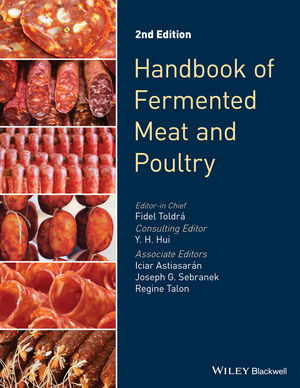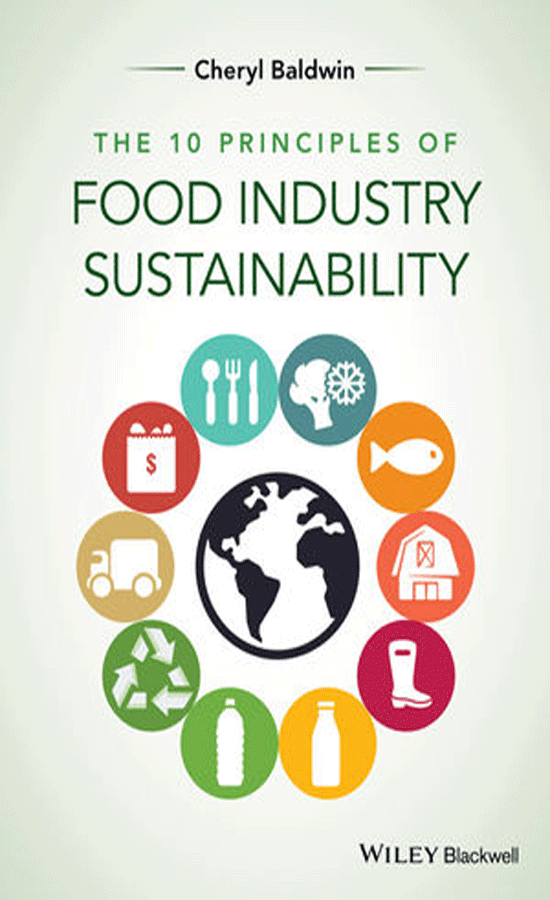An ABC News feature questioning the use of boneless lean beef trimmings – or “pink slime,” as the report dubbed it – has led the meat industry to defend its use in ground beef. The report noted that 70 percent of ground beef sold at supermarkets and 25 up to percent of each hamburger patty contain BLBT.
It featured several quotes from Kit Foshee, a former employer at BPI Inc., the company that produces BLBT. “It kind of looks like play dough,” said Foshee, who was a corporate quality assurance manager at Beef Products Inc. “It’s pink and frozen, it’s not what the typical person would consider meat.”
BPI issued a statement defending its use.
“At Beef Products Inc., we produce lean beef from trim,” the company said. “Trim is the meat and fat that is trimmed away when beef is cut into steaks and roasts. This lean beef is used in hamburger, sausage, ground beef, and as a valuable ingredient in many other foods. We use a natural compound – called ammonium hydroxide, which is widely used in the processing of numerous foods, such as baked goods, cheeses, gelatins, chocolate, caramels, and puddings – to slightly increase the pH level in beef and improve its safety.”
The company assembled quotes from a group of meat and food safety experts, praising the company for its products and its food safety initiatives.
"We are encouraged to see a company like BPI taking the bull by the horns and independently test for these killer pathogens before being required by government, but we need the entire industry involved and that will only happen when government mandates it," said Nancy Donley, founder of STOP Foodborne Illness and member of the United States Department of Agriculture's National Advisory Committee on Meat and Poultry Inspection.
"BPI has demonstrated a commitment to food safety. I see it as a big step in the right direction," said Bill Marler, the nation's leading foodborne illness attorney.
The National Meat Association and the American Meat Institute both issued statements defending the company as well.
“ABC World News ran a story yesterday focused on the claims of two disgruntled scientists formerly with USDA. These men deride Lean Finely-Textured Beef (LFTB) as nothing but “pink slime.” However, there’s nothing that is scientific or factual about their claims,” said NMA.
“LFTB is produced using a technology developed and used by Beef Products Inc. (BPI) to ensure improved safety of beef and beef trimmings. In fact, the company has been recognized by the USDA, consumer safety groups, and food protection organizations for its innovations in food safety, and its lean beef products have undergone rigorous and comprehensive testing.
“The raw material that the company uses is not scraps destined for pet food. It is Federally-inspected, high-quality beef trim. BPI uses an innovative process to lower the fat content of these trimmings. This lean beef is then used in sausage, ground beef and many other foods. The food safety component of the process is the inclusion of the naturally occurring compound ammonium hydroxide, which has an antimicrobial effect. This same compound is used in making puddings, cheeses and processed foods. With today’s supply of lean meat at historical lows, BPI is adding to the industry’s global sustainability.”
“I have been through BPI’s plants, seen the process and the product, and BPI is producing a high-quality beef product,” NMA CEO Barry Carpenter said. “It is a misrepresentation to call it anything else.”
“Some recent media reports created a troubling and inaccurate picture, particularly in their use of the colloquial term 'pink slime,'” said AMI President J. Patrick Boyle. “The fact is, BLBT is beef. The beef trimmings that are used to make BLBT are absolutely edible. In fact, no process can somehow make an inedible meat edible; it’s impossible. In reality, the BLBT production process simply removes fat and makes the remaining beef more lean and suited to a variety of beef products that satisfy consumers’ desire for leaner foods.
In fact, BLBT is a sustainable product because it recovers lean meat that would otherwise be wasted. The beef industry is proud to efficiently produce as much lean meat as possible from the cattle we raise. It’s the right thing to do and it ensures that our products remain as affordable as we can make them while helping to feed America and the world.”
Sources: ABC News, BPI, AMI, NMA







